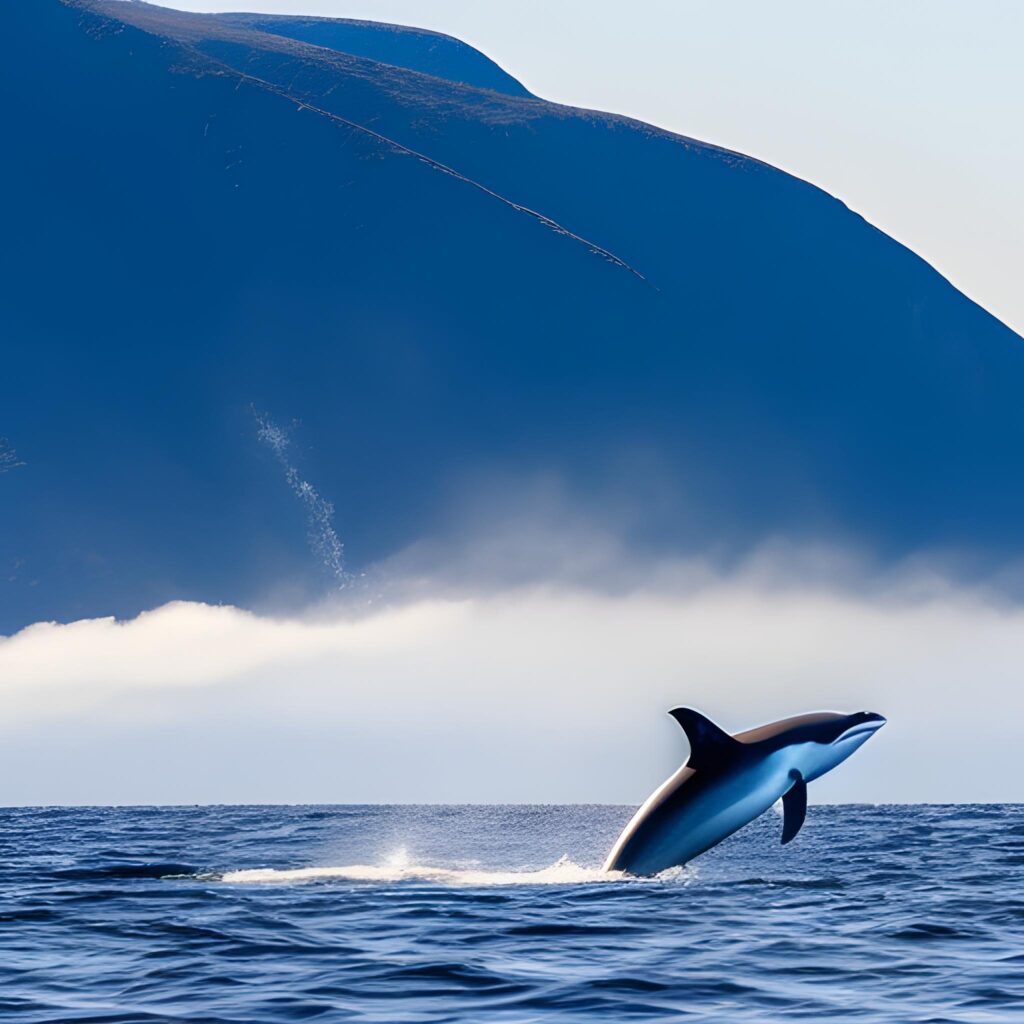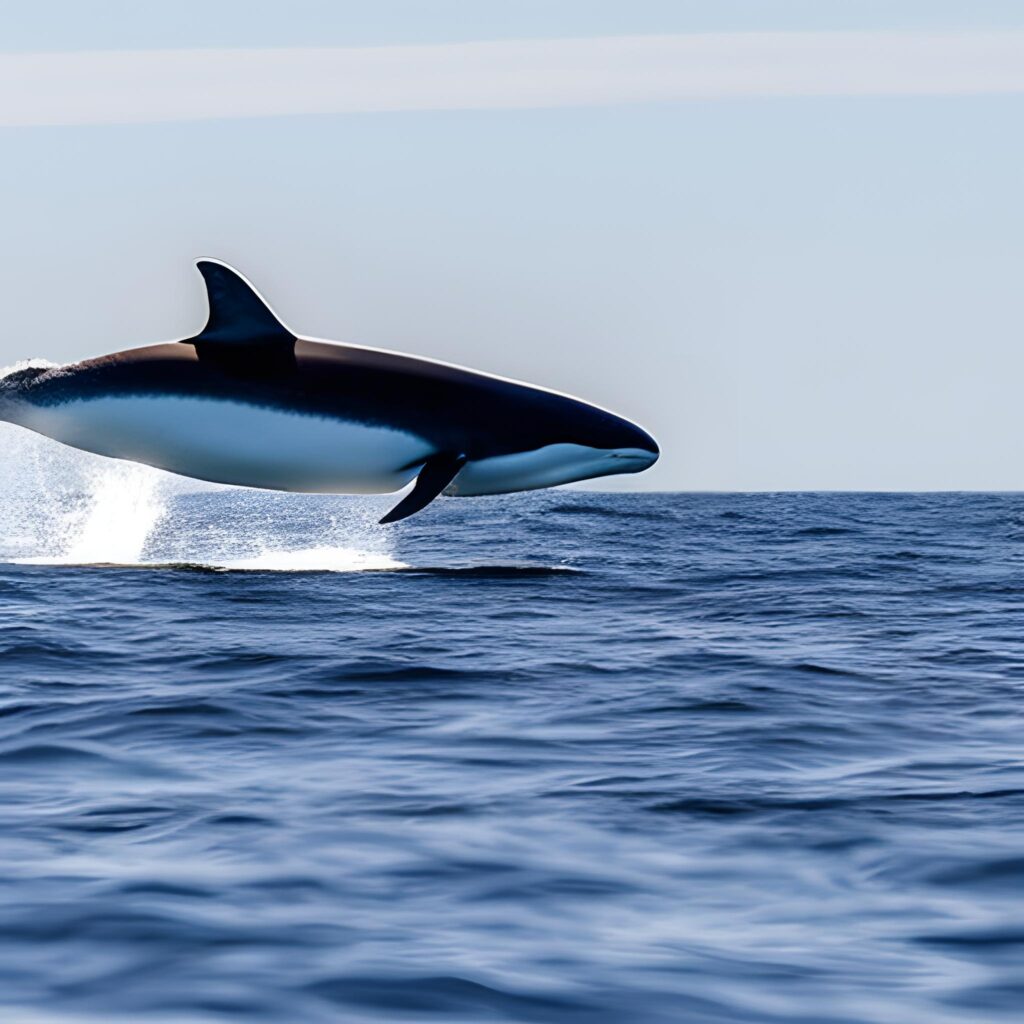Introduction
Dwarf Minke Whales are captivating marine creatures that captivate both scientists and nature enthusiasts. These majestic beings, scientifically known as Balaenoptera acutorostrata subsp. bonaerensis, possess unique characteristics and behaviors that make them a topic of fascination. In this article, we will explore seven intriguing facts about Dwarf Minke Whales, shedding light on their remarkable nature and positive impact on the ocean ecosystem.
A Distinctive Dwarf
The Smallest of the Minke Whales
Dwarf Minke Whales are the smallest subspecies of Minke Whales, measuring between 7 and 8 meters in length. Despite their diminutive size compared to other whales, they make up for it with their endearing appearance and captivating behaviors.
Warm-Water Wonders
Tropical Dwellers
One fascinating fact about Dwarf Minke Whales is their preference for warm tropical waters. These gentle giants can be found in the Great Barrier Reef and other tropical regions, where they migrate to breed and feed. Their presence brings positive energy to these vibrant ecosystems.

Social Butterflies of the Sea
A Friendly Nature
Dwarf Minke Whales are known for their sociability and curiosity towards humans. Unlike some other whale species, they actively seek interactions with snorkelers and divers, often approaching boats and swimming alongside them. These gentle encounters offer humans a unique and memorable experience.
Singing with a Purpose
Whales with a Melodious Voice
Like many other whale species, Dwarf Minke Whales are gifted singers. They produce a wide range of vocalizations, including haunting melodies and complex patterns of clicks and whistles. Scientists believe that these songs serve as a means of communication, possibly for mating or group coordination.
Munching on Krill
Nutritional Delights
Dwarf Minke Whales sustain themselves by feasting on krill, small shrimp-like crustaceans. These tiny creatures provide the necessary nutrition for the whales’ survival and fuel their migratory journeys. By controlling the krill population, Dwarf Minke Whales play a vital role in maintaining the delicate balance of the ocean ecosystem.
Cooperative Feeding
Teamwork for Success
When it comes to hunting, Dwarf Minke Whales demonstrate remarkable cooperation. They often work together in groups to encircle schools of fish or krill, using strategic bubble-netting techniques. By collaborating, they increase their chances of capturing an abundant meal, showcasing the power of teamwork in the animal kingdom.
Guardians of the Reef
Environmental Ambassadors
Dwarf Minke Whales have become ambassadors for marine conservation efforts, especially in the Great Barrier Reef. Their charismatic nature and affinity for human interaction have enabled scientists and conservationists to study and monitor them closely. Through these research efforts, a deeper understanding of their habitat and behaviors has been gained, contributing to the protection and preservation of their fragile marine environment.

FAQs (Frequently Asked Questions)
Are Dwarf Minke Whales endangered?
No, Dwarf Minke Whales are not currently classified as endangered. However, they still require conservation efforts to protect their habitat and ensure their long-term survival.
How can I encounter Dwarf Minke Whales in their natural habitat?
To encounter Dwarf Minke Whales, you can join guided snorkeling or diving tours in areas where they are known to frequent, such as the Great Barrier Reef.
Can Dwarf Minke Whales be seen all year round?
Dwarf Minke Whales have a specific migratory pattern, typically visiting certain regions during specific seasons. Consult with local experts or tour operators to learn the best times for whale sightings in your chosen location.
Are Dwarf Minke Whales dangerous to humans?
No, Dwarf Minke Whales are not considered dangerous to humans. In fact, they often exhibit a friendly and curious nature, making interactions with them a delightful experience.
How can I contribute to the conservation of Dwarf Minke Whales?
You can support the conservation of Dwarf Minke Whales by following responsible marine wildlife guidelines, advocating for sustainable fishing practices, and supporting organizations dedicated to the protection of marine ecosystems.
Conclusion
In conclusion, Dwarf Minke Whales are enchanting creatures that grace the tropical waters with their positive presence. Their small size, sociability, melodious songs, dietary habits, cooperative hunting, and role as environmental ambassadors make them truly fascinating. By studying and appreciating these gentle giants, we can deepen our connection to the ocean and work towards a sustainable future for all marine life.


